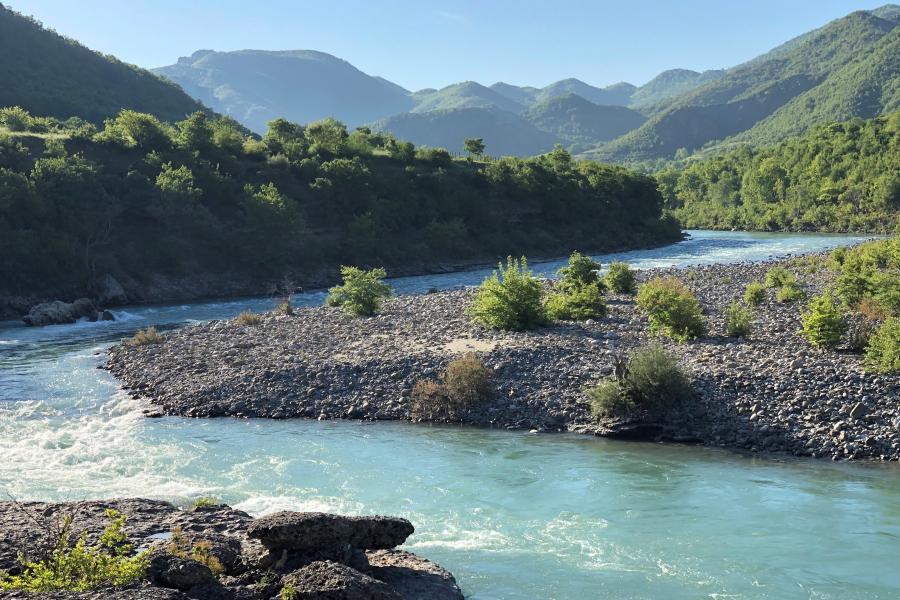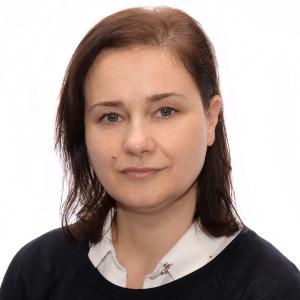UN FAO Starts Project in Vjosa Basin to Support Farmers an Authorities in Sustainable Development
20 August 2020
- If managed sustainably, Albania’s Vjosa Valley can spur green economy development
Vjosa is the second largest river basin (approximately 6 808 km2) in Albania and one of the longest transboundary rivers in the Balkan area. The Vjosa catchment is shared among many cities, such as Erseke, Permet, Gjirokaster, Tepelene, Mallakaster, Fier, and Vlore. Because the waterway has not been subjected to large damming or channeling schemes, it is considered one of the rare remaining natural flow regimes in Europe, giving the Vjosa not only national, but also international importance.
FAO has now started a new project for the effective and improved management of Vjosa Valley’s natural resources, which will support farmers and authorities through sustainable development in the green economy and help achieve the Sustainable Development Goal (SDG) 15 (life on land) and 13 (climate action). The project is financed by the SDG Acceleration Fund with contributions by the Government of Norway and contributes to FAO’s region-wide umbrella programme on managing natural resources sustainably, under a changing climate.

New approaches for the management of natural resources will be introduced with a strong focus on sustainable land use, improved soil fertility, and combating land and soil pollution and degradation. This will allow farmers, extension services, and institutions to better cope with the climate change impact on agriculture and disaster events.
To support agro-tourism and sustainable production and consumption in target areas, traditional local, organic, and geographical indications products will be identified and promoted through Climate-smart agriculture and Integrated Pest Management interventions, depending on the pandemic situation in Albania.
“Besides the above-mentioned activities, FAO will also collaborate with other United Nations agencies, under the lead of the United Nations Development Programme,” said Raimund Jehle, FAO Representative in Albania. “These will support environment and climate friendly initiatives in agrobiodiversity and rural tourism in Vjosa Valley-Zagori, among others, through knowledge sharing with similar successful initiatives implemented from other areas of Albania.”
The project will contribute to the implementation of Albania’s national strategy for the sustainable development of tourism 2019–2023, where Vjosa Valley-Zagori is one of the priority areas. It will also enhance the “Integrated Rural Development Program – 100 Village Program,” which coordinates multisectoral developmental interventions in 100 selected villages with a high potential development for socio-economic, rural, and agro-tourism, the environment and nature, as well as cultural heritage.
It is also aligned with the United Nations Programme of Cooperation for Sustainable Development 2017–2021.








